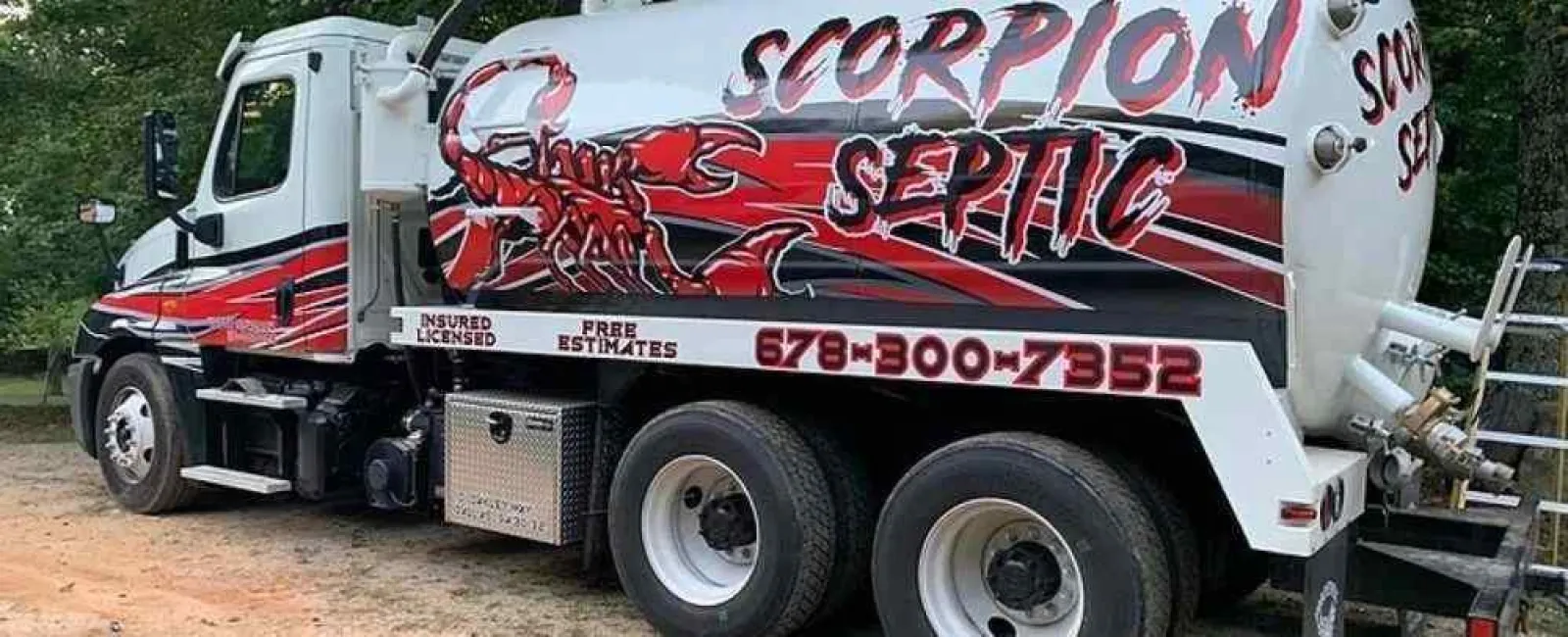Your septic system is a silent workhorse, safely processing the wastewater from your home's kitchens, bathrooms, and laundry. At its heart is the septic tank, a crucial component that separates solids from liquids, allowing for the safe disposal of household waste. While the liquid effluent flows out to the drain field, the solid waste and sludge remain. Over time, this buildup can lead to catastrophic failures. Regular septic tank pumping is not just a maintenance task; it's a critical investment in the health of your home, your family, and your finances.
The High Cost of Neglect: What Happens If You Don't Pump Your Tank?
Many homeowners believe that if there are no visible problems, their septic system is fine. This can be a costly misconception. Without regular pumping, the layers of sludge and scum in your tank will accumulate, leading to a cascade of expensive and hazardous problems.
Catastrophic Sewage Backups: The most immediate and unpleasant consequence is a sewage backup. When the tank is full, waste has nowhere to go but back up into your home's drains, causing property damage and exposing your family to harmful bacteria.
Permanent Drain Field Failure: If sludge and solid waste clog the outlet pipes, they will be forced into the drain field. This clogs the perforated pipes and surrounding soil, preventing the system from properly treating and dispersing wastewater. Drain field replacement is a major excavation project that can cost thousands of dollars.
Environmental Contamination: A failing septic system can release untreated sewage into the surrounding environment. This can contaminate groundwater, nearby wells, streams, and lakes with harmful bacteria and pathogens, posing a significant risk to public health and local ecosystems.
Unpleasant Odors and Slow Drains: Long before a total failure, you may notice foul sewage odors in your yard or home, and your drains may become sluggish as the system struggles to cope.
Pumping Your Septic Tank: The Smartest Investment You Can Make
Routine maintenance is the most vital factor in ensuring your septic system's longevity and proper function. The modest cost of a septic tank pumping every few years is a small price to pay to avoid major headaches and expenses down the road.
Save Thousands on Repairs: Regular pumping helps prevent the clogs and system failures that lead to costly repairs. A septic system replacement can cost anywhere from $5,000 to $15,000 or more, compared to a few hundred dollars for a routine pumping service.
Extend Your System's Lifespan: Just like any other major component of your home, your septic system will last longer with proper care. Regular pumping can help a well-maintained system last for up to 40 years.
Protect Your Property Value: A properly functioning septic system is a valuable asset. A system that has been neglected or has failed will lower your property value and can even create legal liabilities.
How Often Should You
While the general recommendation is to have your tank pumped every three to five years, the ideal frequency depends on several key factors:
Household Size: More people in a home generate more waste, requiring more frequent pumping.
Septic Tank Size: Smaller tanks will fill up faster and need to be pumped more often.
Water Usage: High water consumption can push solids into the drain field before they have time to settle, increasing the need for pumping.
Garbage Disposal Use: Using a garbage disposal significantly increases the volume of solid waste entering the tank and may require pumping as often as once a year.
Here is a general guide to help you estimate your pumping frequency:
Septic Tank Size |
Household Size |
Recommended Pumping Frequency |
1,000 Gallons |
1-2 people |
Every 4-5 years |
1,000 Gallons |
3-4 people |
Every 2-3 years |
1,500 Gallons |
3-4 people |
Every 4-5 years |
1,500 Gallons |
5-6 people |
Every 3-4 years |
This chart is an estimate. The best way to know for sure is to have your system professionally inspected.
Beyond Pumping: A Checklist for a Healthy Septic System
To further protect your septic system and extend its life, follow these essential "Do's and Don'ts":
DO:
Conserve Water: Repair any leaky faucets or toilets promptly and consider installing water-saving fixtures. Spread out laundry loads over the week to avoid overwhelming the system.
Know Your System's Location: Keep a record of your septic tank and drain field's location for easy access during service appointments.
Protect the Drain Field: The only thing that should cover your drain field is grass. Do not drive, park, or build anything on top of it.
DON'T:
Flush Anything But Waste and Toilet Paper: Never flush items like "flushable" wipes, feminine hygiene products, diapers, paper towels, dental floss, or coffee grounds. These items do not break down and will quickly fill your tank.
Pour Grease or Chemicals Down the Drain: Grease, cooking oil, paints, and harsh chemical cleaners can clog your system and destroy the beneficial bacteria necessary for waste breakdown.
Plant Trees or Shrubs Near the System: Roots from trees and large shrubs can invade and damage your septic lines.
Trust the Professionals at Scorpion Septic
For over 20 years, Scorpion Septic has been providing reliable and professional septic services to Dallas, GA, and the surrounding areas. Our experienced technicians have the tools and training to handle everything from routine pumping and inspections to complex repairs and installations.
Protect your investment and prevent costly emergencies. Contact Scorpion Septic today at (678) 300-7352 to schedule your septic tank pumping.

